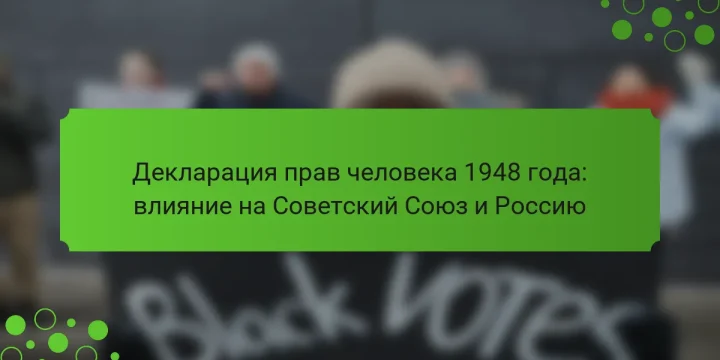
The article examines the influence of World War II on Russian statehood, focusing on the significant consolidation of power within the Soviet Union. It discusses how the war mobilized national resources, leading to the establishment of a robust military and defense industry, ultimately positioning the USSR as one of the world's superpowers. Key aspects include the strengthening of central authority, shifts in social structure and national identity, and the emergence of new ideologies and values. The long-term consequences of the war are explored, highlighting the rise of authoritarian governance, increased nationalism, and the economic transformations that reshaped Russia's international standing. Как Вторая мировая война повлияла на российскую государственность? Вторая мировая война существенно повлияла на российскую государственность. Она привела к укреплению власти Советского Союза. Война вызвала мобилизацию всех ресурсов страны. Это…








